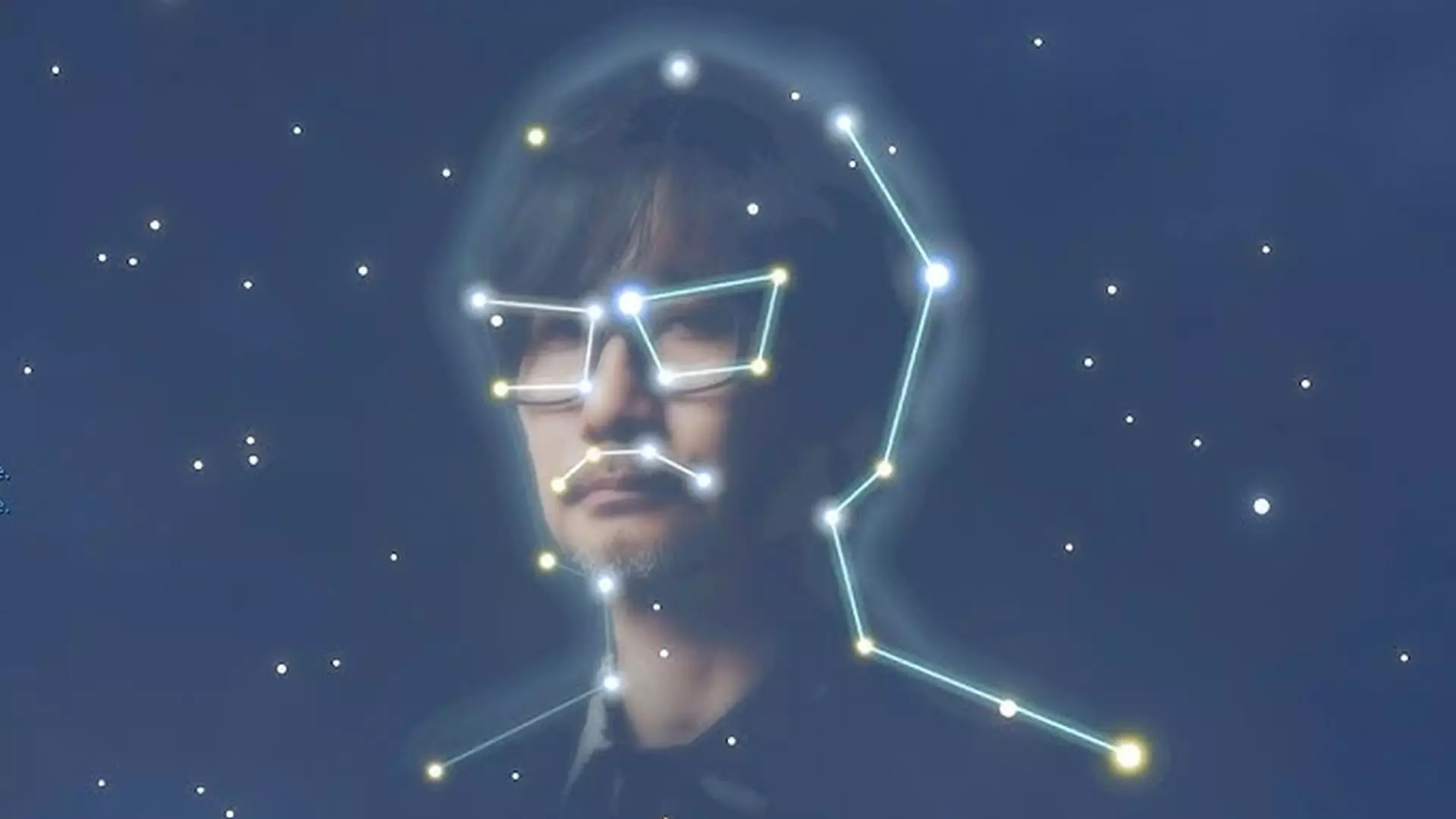Hideo Kojima, the visionary behind some of the most thought-provoking video games of our era, has consistently displayed an obsession with pushing boundaries—of genre, storytelling, and even his own identity. His recent declaration that he aspires to journey into space reveals a complex desire: to explore both literal and metaphorical frontiers. While the idea of an artist seeking cosmic inspiration may seem innocent or even admirable, the implications of such a trip for someone like Kojima are anything but. Space, after all, is a harsh and unforgiving environment, and exposure to its extreme conditions can dramatically alter a person’s mental state—and perhaps, their creative output.
The desire to escape the confines of Earth is a sentiment that resonates with many who see space as the ultimate symbol of freedom and exploration. For Kojima, a filmmaker of stories that often blur the lines between reality and imagination, this aspiration hints at a deeper quest for transcendence. Yet, it is precisely this longing that should give us pause. The risks involved are not merely physical but psychological—especially for someone whose work already walks the tightrope of complex, often surreal narratives.
The Dangers of Cosmic Exposure on the Human Mind
The stories of astronauts like William Shatner serve as sobering reminders of how space can transform the human psyche. Shatner’s reflection on his trip to the stars painted a poignant picture: an overwhelming sense of grief and sadness born from a confrontation with the universe’s vast indifference, contrasted sharply with Earth’s nurturing warmth. The “Overview Effect,” a phenomenon experienced by many astronauts, can be a profound and destabilizing realization: the fragile beauty of our planet viewed from afar underscores its vulnerability.
Imagine, then, a mind as creatively restless and perhaps fragile as Kojima’s subjected to the same experience. The revelation might not be solely contemplative or inspiring; it could unearth depths of despair, madness, or a loss of grip on reality. Having built worlds and stories that already seem to border on the surreal or dystopian, adding the raw chaos of space might push him over the edge. The risk isn’t just personal; it could lead to unpredictable artistic outcomes—outcomes that might be dangerously unmoored from coherence.
The Potential for Cultural and Artistic Fallout
Kojima’s work is already known for its layered symbolism, experimental storytelling, and seemingly esoteric themes. Pushing him into space could yield unpredictable results—an art form forever altered by exposure to cosmic insignificance. His penchant for surreal, often disjointed narratives suggests that an encounter with the mind-expanding, existential shocks of space might tip his creative scale from groundbreaking to unmanageable.
In essence, Kojima’s cosmic ambitions risk unleashing a tidal wave of narrative chaos. One can envision a future game where space trauma manifests as a fractured storyline, or worse, a personal crisis so intense that it derails his career altogether. The spectacle of his potential mental unraveling—perhaps reflecting in his next work—might shock his fans but also serve as a cautionary tale: some boundaries are better left unexplored, especially when they pertain to the depths of human consciousness.
Beyond Personal Risk: Ethical and Artistic Responsibility
It’s tempting to romanticize space exploration, seeing it as a noble pursuit or an artist’s ultimate muse. Yet, with great power and curiosity come significant responsibilities. Allowing someone like Kojima to venture beyond human reach without understanding how such an experience could psychologically impact him is reckless. Artists have a responsibility not just to their craft but also to their own well-being and to the audience who might be influenced by their mental states.
Instead of risking a possible descent into madness or artistic disarray, perhaps we should celebrate Kojima’s existing achievements and understand that some frontiers—psychological or cosmic—are best approached with caution. The universe is vast, and its wonder should inspire us, not necessarily be inhabited by those unprepared for its profound effects. As much as Kojima’s cosmic dreams are fascinating, they must be tempered with wisdom about the limits of human endurance and mental stability.
In contemplating whether to send Kojima into space, we are faced with a fundamental question: is the pursuit of artistic transcendence worth the potential cost? For someone whose creative universe is already complex and layered, adding the chaos of space might be that final, irreversible step into uncharted and possibly dangerous territory. Sometimes, the most profound stories are the ones left unwritten—or better yet, left to the depths of the mind, where they can be explored safely.

